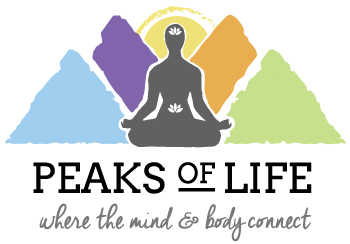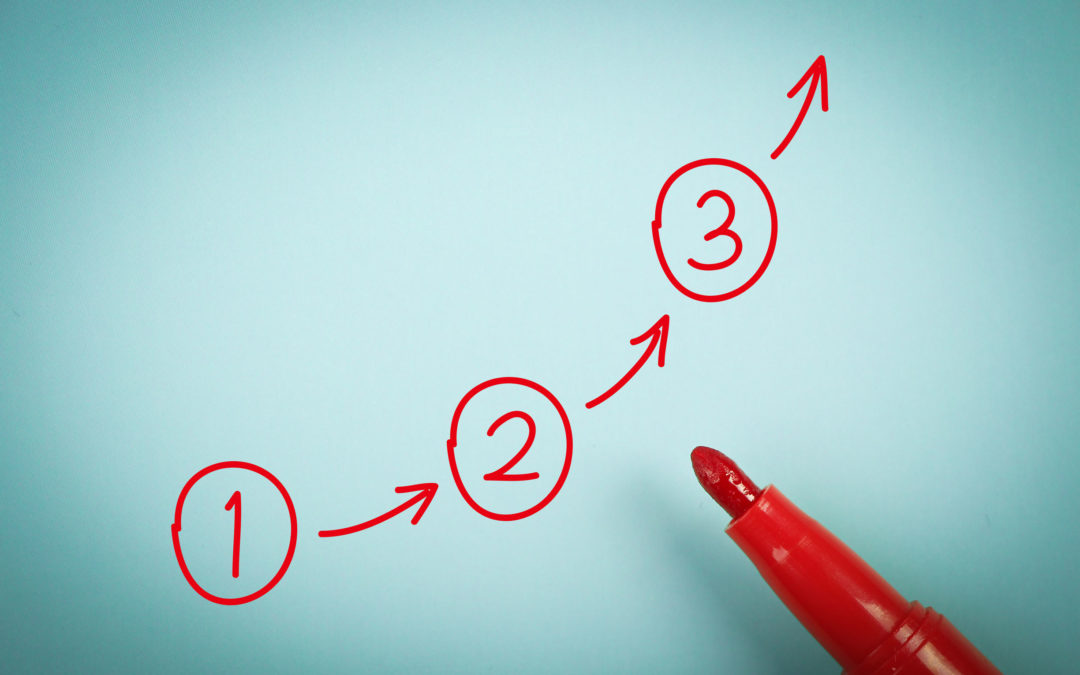I was in Arizona this past month to celebrate my niece’s baby shower. My sister did a great job getting everything organized. I would be lying if I said there wasn’t a twinge of sadness that came up for me, but I felt like I was able to acknowledge it, feel it and let it go, which felt good. I was proud of myself for that, but something else came up this time. Lucky me . . .
It wasn’t a traditional all-female baby shower, my sister invited family, friends and their significant others and their children. I got to see cousins, aunt’s, siblings, nieces, nephews, parents, etc. It was great, I love my family, but sometimes, too much family time can overwhelm me. Can you relate?
I found myself feeling extremely triggered during this weekend trip. It was like I couldn’t fully take a complete breath, both my exhales and inhales felt cut short. (Part of that could’ve been that it was 112 degrees! How did I ever survive living there?)
I’ve done a lot of work surrounding my family dynamics, but this time I couldn’t put my finger on what was causing all of this uneasiness. My usual go-to practices of meditating, journaling, clearing/grounding my energy, feeling compassion for myself and those around me, etc., were only helping for short periods of time. It felt like as soon as I was able to feel grounded, something else would come up and blindside me. It got to the point where I found myself sneaking off to an empty room to try and compose myself and maybe cry a little.
It wasn’t until I got back home that I was able to figure out what was going on. With a little help, I discovered that, energetically, I was being overwhelmed by the trauma my family has experienced over the years due to alcoholism. Unfortunately, the trauma of alcoholism not only affects the alcoholics, but it has also affected the spouses, parents, siblings, children, friends, cousins, nieces, nephews, aunts, uncles, etc. of the alcoholic.
I was surprised to learn that statistics show approximately 43% of adults in the US (76 million people) have had a parent, child, sibling or spouse who is or was an alcoholic. That’s a lot of families being affected by alcoholism.
We all experience and process trauma in our lives on our own timelines and in very individualized ways. Recently I’ve heard trauma defined as a change in our life that we did not accept. This definition really resonated with me because it’s not the event that determines whether something is traumatic to us, but it’s our perception of the event that gives it meaning.
So even though I have processed much of “my own trauma” surrounding the effects of alcoholism in my life, I was reminded that I can also be affected by the trauma of those around me, especially the people that I love and care for deeply.
Fortunately, once I was able to become aware why I was feeling so off, I am able to move myself through a simple, yet powerful 3-step trauma healing process. The process allows me to energetically release the underlying “trauma” my body holds on to.
I felt so much better. I was able to feel grounded again, to feel like myself again. It has been a game changer to help me shift traumas in my life, things that I’ve felt stuck in.
If you’ve been working on healing and processing a trauma in your life, but still feel stuck, like the same things keep coming up for you, there may be some deeper energetic blocks that are not allowing you to move through them. If you are interested in hearing more about the 3-step trauma healing process, you can reach out to me here.
“Trauma creates change you don’t choose. Healing is about creating change you do choose.” Michelle Rosenthal

